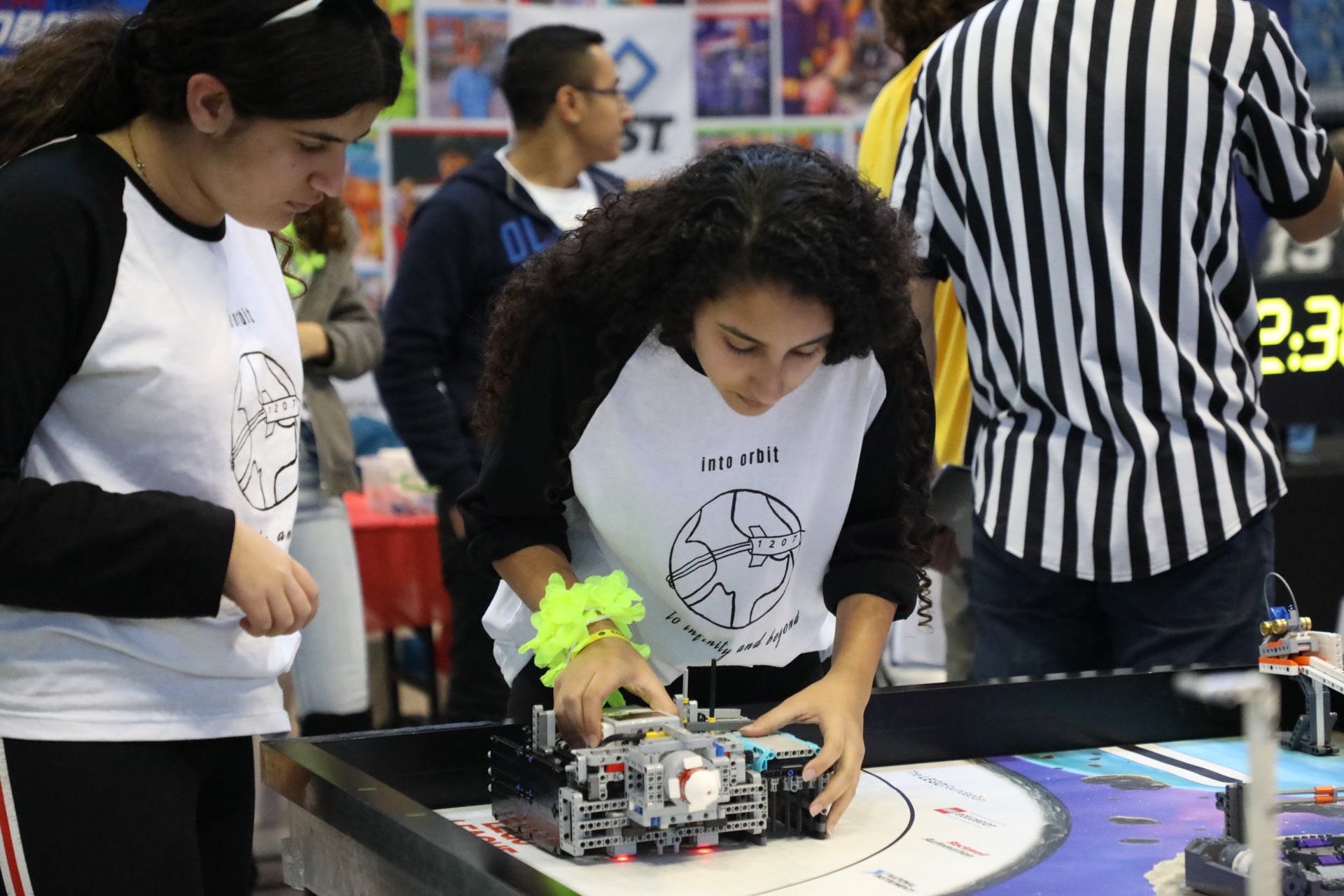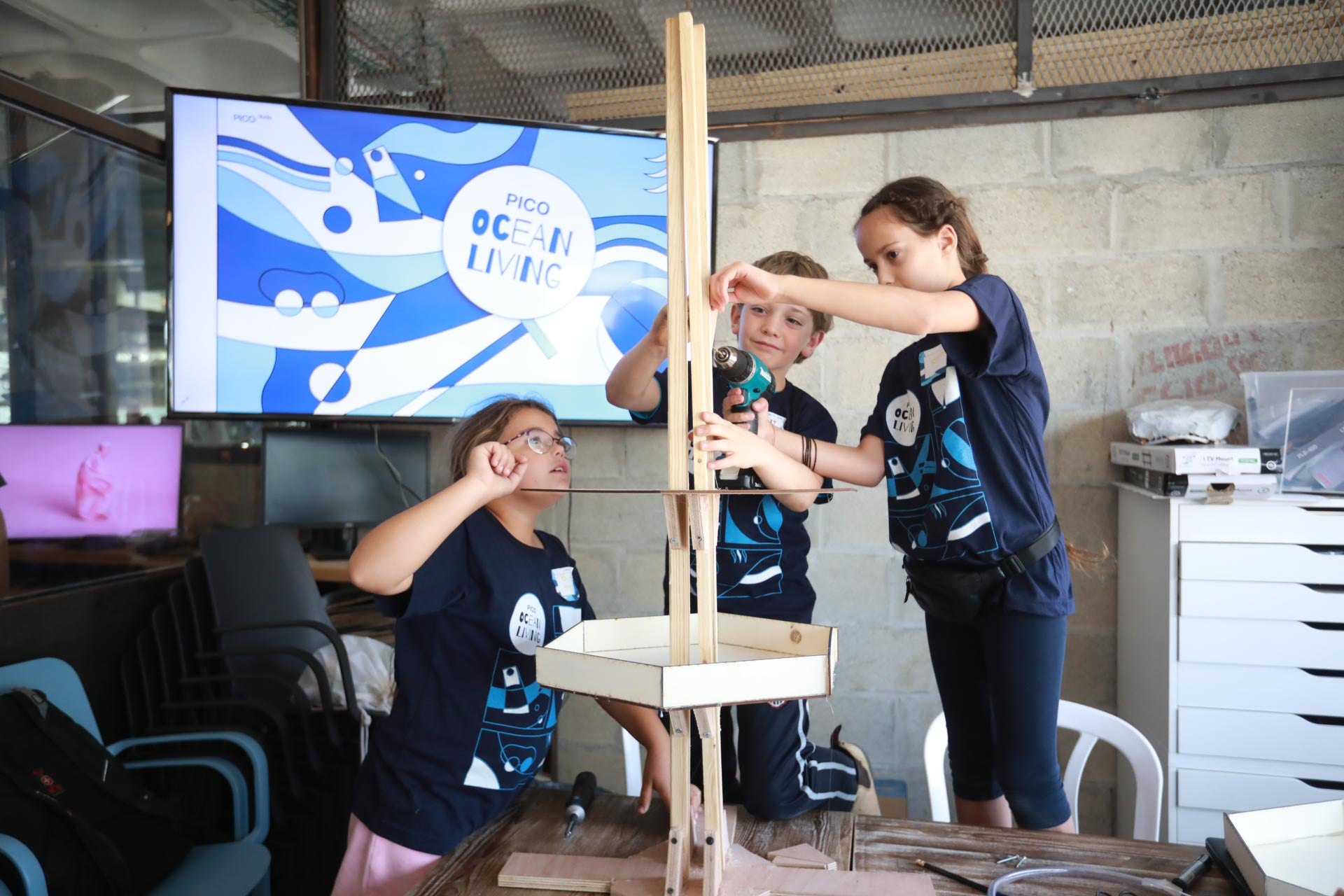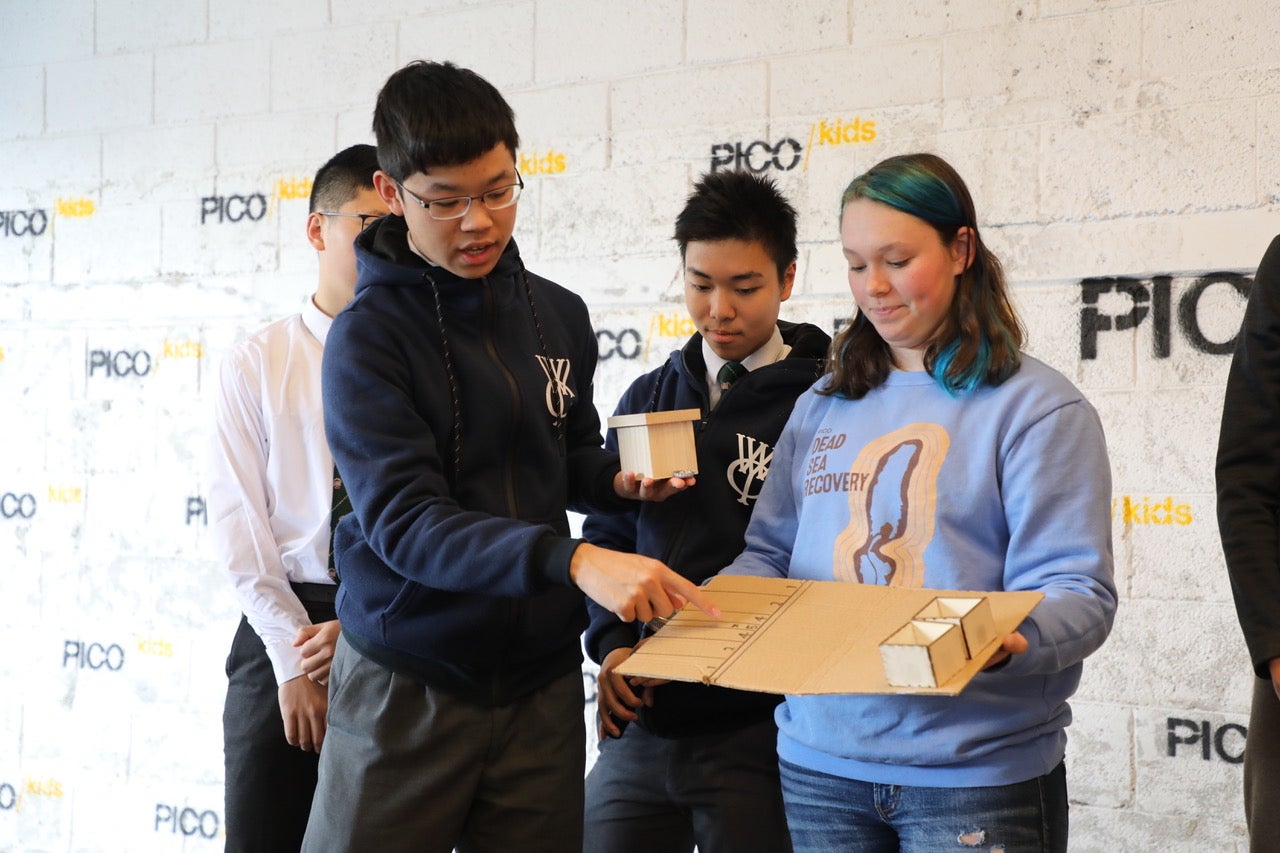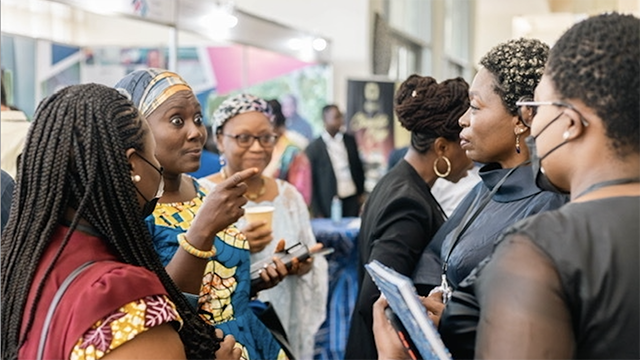Aspen Global Leadership Network Fellows commit themselves to move from success to significance. Middle East Leadership Initiative Fellow Elie Wurtman is living out this commitment. Elie is the Co-Founder and Partner at PICO Venture Partners and PICO Kids, two separate but related organizations creating meaningful change by investing in the leaders of today and developing the leaders of tomorrow. In midst of the COVID-19 pandemic, Elie’s drive for societal impact has crystalized. For him, it lies with his work at PICO Kids serving all youth across Jerusalem to deliver STEEM (Science, Technology, Engineering, Entrepreneurship and Math) education through hands-on, project-based learning. We talked to Elie about his work, what keeps him resilient, and how his Fellowship and fellow Fellows support and inspire him. Answers have been edited for clarity and length.
Q: Could you tell us about the community that you are working in with PICO Kids?
My primary focus is the city of Jerusalem and the inhabitants of the city of Jerusalem, which in my mind, is the most diverse city in the world. It’s a microcosm of every background of every ethnicity, of every belief, all in one place. Unlike other places that we think of as a melting pot, Jerusalem is also a city of many boundaries. My belief is anything that we can solve in Jerusalem, any communication and experiences we can facilitate that create a sense of togetherness, can be a model for the whole world. I would say that we have a very simple philosophy: that everybody has a seat at the table for a better future – that everybody is embodied with a tremendous sense of creativity and imagination, but we all share the same challenges. And when children come together as participants, problem solvers, and positive change-makers in the world, through this shared journey we’re opening up the next generation to what’s possible, to better understand proximity, and hopefully, solutions that we can all benefit from.

Image: PICO Kids participants build together in a competition.
Q: Could you elaborate on some of the programs run by PICO Kids?
Our cornerstone program is what we call “21st-century skills”, but the framework around it is a value system. It’s very much inspired by my core beliefs, which are consistent and complementary with my Aspen experience. The program integrates identity work and establishes a collective responsibility for the future. [Pick any topic or career you want, but to be successful,] we have to use these skills to a ascribe value system that ensures that everybody has equal access to a better future.
Q: What problems are you trying to solve through PICO Kids?
The world has no shortage of problems today and we tackle problems as they appear. Fundamentally, there’s a complexity in a city like Jerusalem that has many layers of history. There are environmental challenges that we all share like air quality, but also people with disabilities, and much more beyond that. I also think the process itself, dealing with the issue of pluralism and commonality, the fact that we all share the city [presents opportunities]. For example, we ran an online Make-a-Thon last week for one of our PICO Kids programs, Queen B, which was multilingual – Hebrew and Arabic.
I got to experience 180 young women coming together across many cultural backgrounds dealing with the issue of the day here and most of the world: COVID-19. They were thinking through how we overcome societal challenges, intergenerational challenges, and the personal challenges that we’re facing. It’s the medium of coming together and empowering children to be creative problem-solvers that we think are addressing issues beyond the immediate issues. One of the big problems is the lack of problem solvers.
Q: How has COVID-19 impacted your work?
I think we were one of the first to think very creatively of how we deal with this environment where we’re all talking through screens, but it’s a huge challenge. I’m a believer in human contact and human interaction. There’s a lot of the magic that sits behind [being together] for PICO Kids. We’re embracing and engaging with the current environment, but I am super excited to get back to human interaction and to see kids interact with each other. What we create in our space doesn’t really happen anywhere else. The privilege that we have bringing people of diverse backgrounds together is the cornerstone of our work. I’d like to be able to do that again very soon.

Image:Youth build together in the PICO Kids space.
Q: How has your Fellowship experience changed the way that you approach issues of inequality?
[The Fellowship] is this nuclear reactor turbocharge which has pushed me to go further than ever before. I like to think that throughout my life I’ve been engaged in social responsibility, but the Middle East Leadership Initiative and the Aspen Global Leadership Network more broadly has just pushed me to go further – all the time.
I believe that there are literally thousands of children directly and probably many more who are beneficiaries of my Aspen experience. The relationships that I maintain today across the AGLN really help me to go further and make a bigger impact all the time.
Q: How has the power of the Aspen Global Leadership Network manifested in your work?
First of all, I’m certain that we personally have a lot to learn and benefit from others to help us be better at what we do. I’m going to shout out Mehrdad Baghai, a Henry Crown Fellow, who is an inspiration to me with what he’s built with High Resolves. We’re learning as much as possible from him and his wife and Co-Founder Roya. The two of them have a real partnership. I think so many of us are engaged in a similar journey around the world, focused on a shared value system that I believe is universal, but especially strong amongst Fellows. As we think about scale, impact, and global reach, it’s so important that AGLN Fellows engage with one another.
With PICO kids, we have started to send children from Jerusalem to engage with children in China as a student ambassador/exchange program model. So far, we are working on initiatives to Australia, Latin America, and India.
I believe that Fellows who are engaged in similar initiatives around the world can really bring about much bigger change if we come together around our projects and around the things that we’re passionate about. I think the values and the common baseline is shared by most, but with the ability to really work together, roll up our sleeves and collaborate, I think we can take our impact so much further. So there’s a big help wanted sign up here on the door if any other fellows would like to engage with us.
Q: How do you maintain your conviction in this moment of uncertainty?
I think I’m very fortunate. I’ve plugged in personally very deeply to my Aspen experience. I don’t think a week goes by that I’m not engaged with another Fellow from around the world. It’s pretty powerful. We’re friends and I just think that it’s a magical group of people that keeps us on our toes and a group that holds me accountable. I know that the next time the phone rings, I better have some update to report personally that we’ve done something amazing. It’s a motivator in the most positive way. I’m very, very grateful for it.

Image: PICO Kids present their work.

